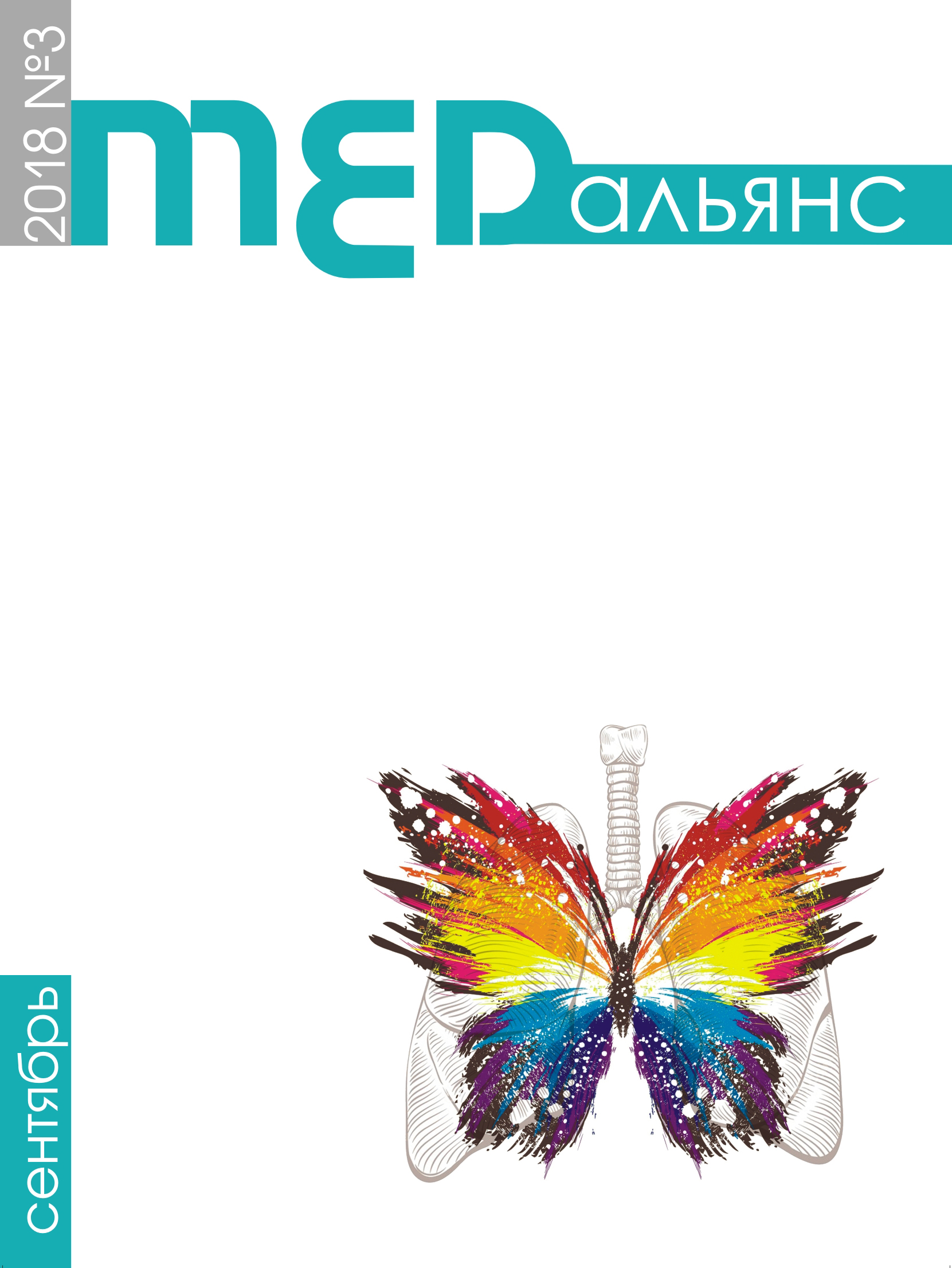Abstract
Much clinical material was used to evaluate the efficien- cy of using different studies methods for detection of Mycobacterium in laboratory practice. Advantages and restrictions of traditional and modern accelerated micro- biological and molecular-genetic methods for tubercu- losis diagnosis were characterized. The results of studies performed by different methods were compared and it was shown that a set of microbiological and molecular- genetic methods should be concurrently employed to enhance the efficiency of tuberculosis diagnosis.

